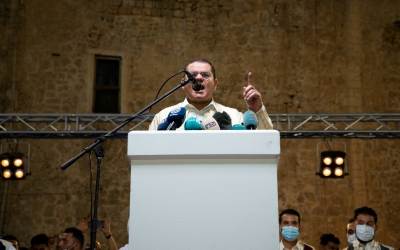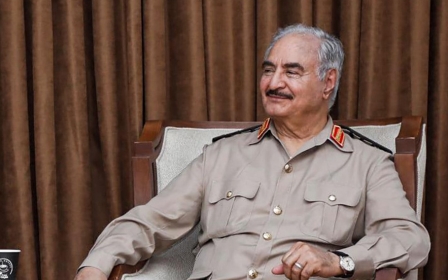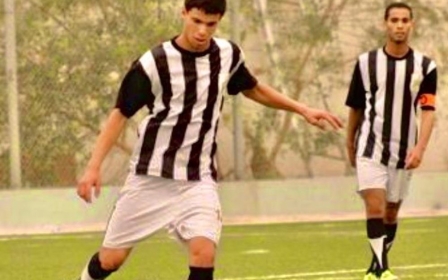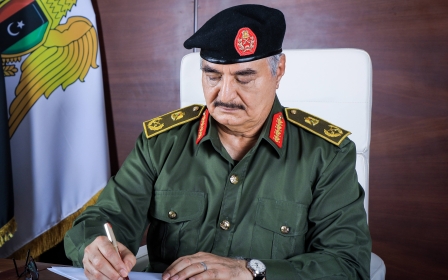Libya's prime minister defends foreign minister following suspension
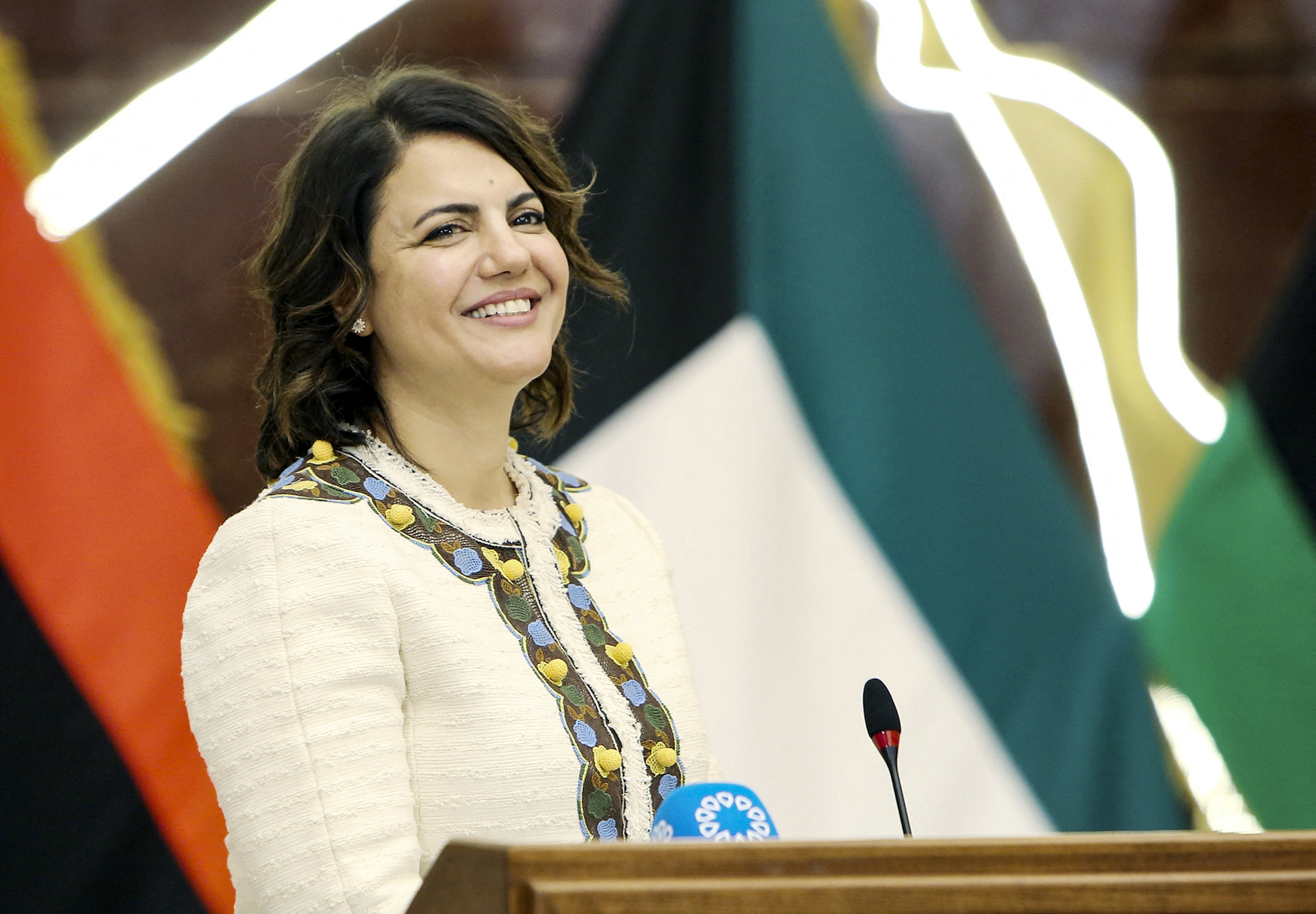
Libyan Prime Minister Abdel Hamid Dbeibah came to the defence of his foreign minister after a high-level council sacked her, highlighting political divisions within the ruling administration.
On Sunday, Dbeibah's office argued that the presidential council, formed this year, doesn't have the authority to suspend ministers and instructed Najla al-Mangoush to continue her duties, reiterating its "appreciation" of her work.
The presidential council on Saturday said it had suspended Mangoush from her duties and barred her from travel, days before a major international conference in Paris. The council said it had opened an inquiry into alleged "administrative breaches" by Mangoush, spokeswoman Najla Weheba told the Libya Panorama television channel.
However, Dbeibah said in a statement that "the nomination, dismissal, suspension or indictment of a member of the executive branch... fall under the exclusive powers of the prime minister".
In the absence of further details on the allegations against Mangoush, Libyan media connected her suspension with a BBC interview in which she had suggested that Tripoli is ready to coordinate with the US over the extradition of suspects in the 1988 Lockerbie bombing.
New MEE newsletter: Jerusalem Dispatch
Sign up to get the latest insights and analysis on Israel-Palestine, alongside Turkey Unpacked and other MEE newsletters
According to the BBC, Mangoush alluded to one of Gaddafi's top bomb-makers, Abou Agila Mohamed Massoud, who is wanted in the US over the Lockerbie bombing.
A total of 270 people were killed in the 1988 bombing of a Pan Am jet as it was flying over the Scottish town of Lockerbie.
Mangoush has denied specifically mentioning Massoud, according to a statement from her ministry, and said that "these questions are the responsibility of the prosecution".
'Critical' phase
The dispute highlights the power struggles within the fragile government which - after a decade of war and turmoil following the 2011 ousting of dictator Muammar Gaddafi - is supposed to steer the country towards elections.
Dbeibah's government called on Libya's different institutions to "respect procedure" and "avoid conflicts of interest", saying they should not obstruct the government's work at such a "critical" phase.
The presidential council was formed in February, consisting of three members representing the three regions of Libya, as part of the UN-sponsored political process, alongside the new government under Dbeibah, to pave the way for presidential and legislative elections in December.
The parliamentary elections were recently postponed to January amid simmering tensions that threaten to derail the political process, which seeks to put an end to the conflict between Libya's rival factions.
The move to dismiss Mangoush comes ahead of a conference on Libya in Paris next week, expected to be attended by world leaders.
The controversy also comes as the country's electoral commission announced that candidates for Libya's presidential and legislative elections slated for December 24 could start registering from Monday.
On Sunday, a senior official in the Government of National Unity (GNU) told Reuters that Dbeibah intended to run for president.
Middle East Eye delivers independent and unrivalled coverage and analysis of the Middle East, North Africa and beyond. To learn more about republishing this content and the associated fees, please fill out this form. More about MEE can be found here.


